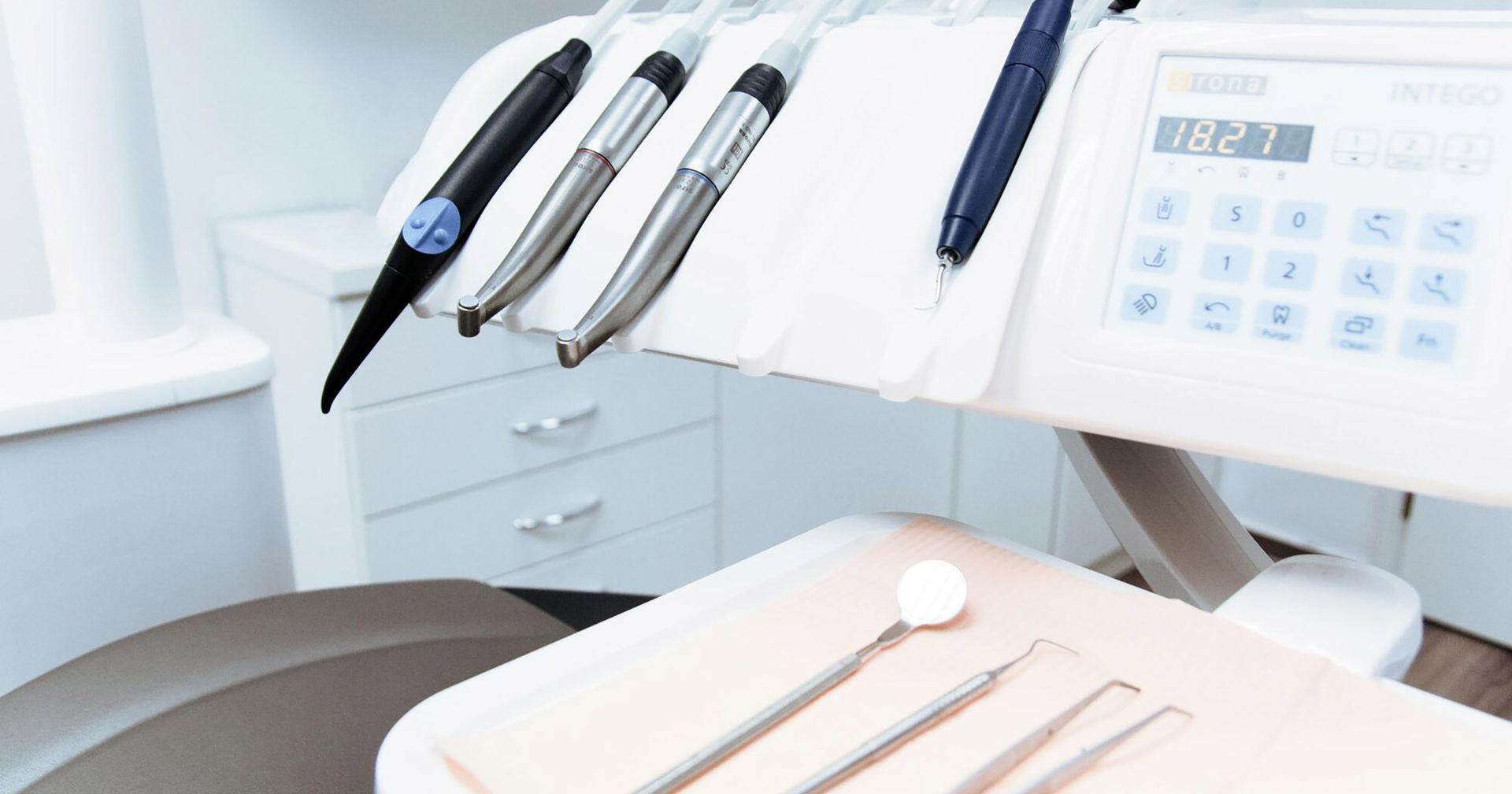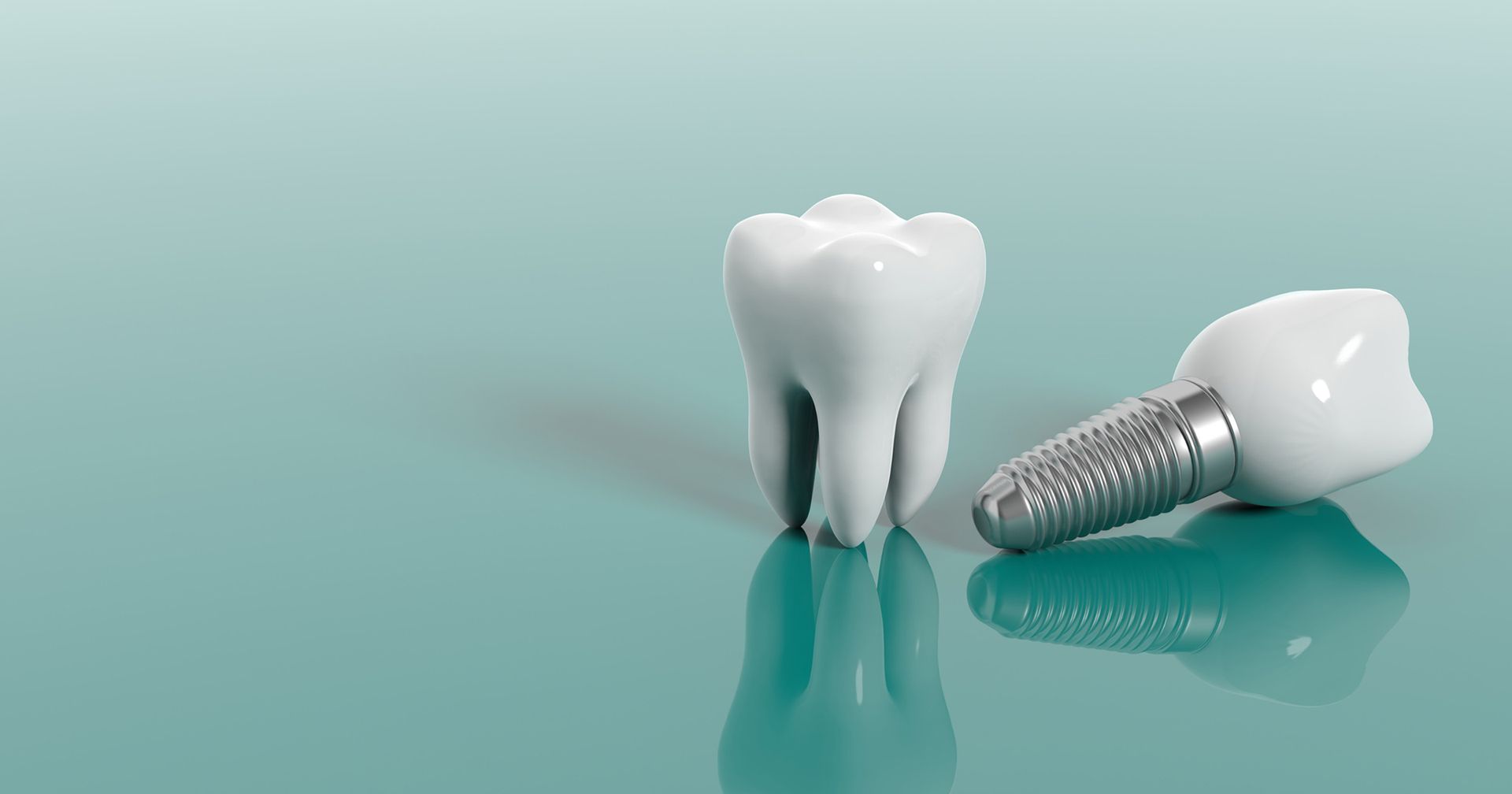If you're getting dental implants, you may need a bone graft. Here's how a dentist in Niles, IL can help you through the process.
Are you considering a dental implant in the near future?
Have you heard that you may need a bone graft for the procedure?
Bone grafts can be used in dental implantation, however, they are not always the rule of thumb. They are employed by dentists in certain situations to improve the outcome for individual patients. There are also certain conditions and previous injuries that may necessitate the use of a graft.
In this article, our dentist in Niles, IL will walk you through everything you need to know about dental bone grafting for implantation and whether it makes sense for you.
What Happens When You Lose a Tooth
Many patients think that losing a tooth simply means that their smile looks a little bit different. However, losing a tooth often has more serious consequences than looking like a professional hockey player.
When patients lose teeth through direct trauma, disease, decay, or dental extraction, there are other effects on the tooth structure that go above the gum line.
At the root of each tooth, below the gum line, there are roots that anchor directly into the jawbone or maxilla, which is living soft tissue.
When you still had the tooth, this anchor bone was used to help prepare and revitalize the roots of the tooth to improve its stability.
Now that this root is gone, the body sees the inactivity in this region and stops trying to regenerate new bone. Over time, this can lead to bone loss at the anchor site.
When patients start to lose teeth due to some disease, bacterial infection can make this process even worse. It can begin to degrade the underlying bone structure and compromise the strength and stability of the jaw.
Similarly, direct trauma such as a fall or a punch that knocks out a tooth could also cause a loss of the supportive bone in the jaw at the same time.
Why Use a Bone Graft?
When you first go to assess your eligibility for a dental implant procedure, dentists will review the site where the tooth fell out. They will talk to you about where you would like to put your dental implant. They then use specialized imaging to see if the bone anchor site has enough density to support putting in a new tooth.
The great thing about using a dental implantation procedure is that the result is similar to that of your natural tooth. It is anchored into the bone using a titanium post. The post is fused into this bone and then the implant is placed over top.
However, you need to have enough bone on the jaw or maxilla to support the implant and give it strength. Therefore, you may need to use a bone graft procedure to add bone into this area.
What Is a Bone Graft?
In the past, a bone graft used bone from other areas in the body. Some dentists still perform bone grafting using this type of procedure, however, newer advances use a synthetic substance that applies well for most patients.
The substance can come in several different varieties, including putty, powder, a gel that is injectable, or specialized granules.
With this as the bone source, the grafting procedure is relatively simple. A dentist will make a small incision where the implant should be placed, and they will add in this synthetic wrapping material.
After it has been placed, the dentist sutures the area shut, and the graft is allowed to develop. This is often the most challenging part for patients, as they have to wait for the bone graft material to take root.
This can often take weeks to months depending on your overall health and how long it takes the bone to integrate into that location. Eventually, you will be able to undergo the final step of the procedure once the bone graft is strong enough to support the titanium root for the implant.
Common Reasons to Need a Bone Graft
As mentioned, a bone graft procedure isn't always needed. Many patients have sufficient bone density to support a root for their implant.
Nonetheless, there are certain factors and features of a patient's medical history that may necessitate a need for a bone graft.
Patients who come in long after the tooth loss occurs may need a bone graft. This is because the root area has decayed over time since the body has recognized there is no longer a tooth there and is stopped nourishing the anchor area.
There are certain congenital conditions found at birth that can lead to poor bone density. Similarly, some patients who have previous injuries to the jaw or maxilla may require a bone graft to fill in the dead space.
Patients with poor dental health or advanced gum disease are likely to have reduced bone density that will require a bone graft.
There are also certain areas within the jaw that are more likely to have thin bone that is insufficient for a dental implantation procedure.
For example, the upper molars are notorious for being an insufficient area for tooth replacement as they are adjacent to the upper sinuses. The sinuses are an empty space inside the skull, and the surrounding bone is often not sufficient for implantation. For this reason, the dentist may opt for a bone graft when preparing for an implantation procedure in the upper molar area.
Bone Grafting by the Top Dentist in Niles, IL
No matter the reason, bone grafting is a common requirement for a dental implant procedure. The benefits of dental implants can truly change a patient's life, and a bone graft is simply a small roadblock to getting there.
If you are looking for a dentist in Niles, IL who can perform bone grafting and dental implantation, look no further. At Dental Specialists of Niles, we specialize in these procedures and will work with you to achieve the end outcome you want for your dental implants. Please
contact us if you would like to schedule an appointment with one of our providers.















